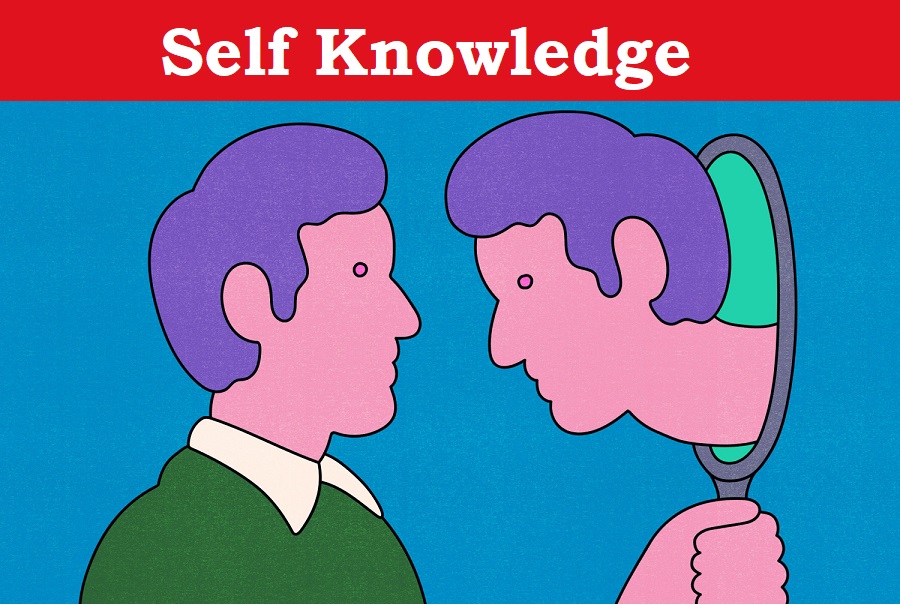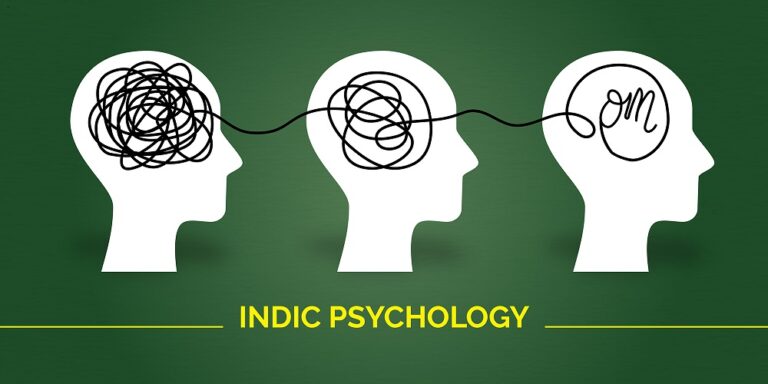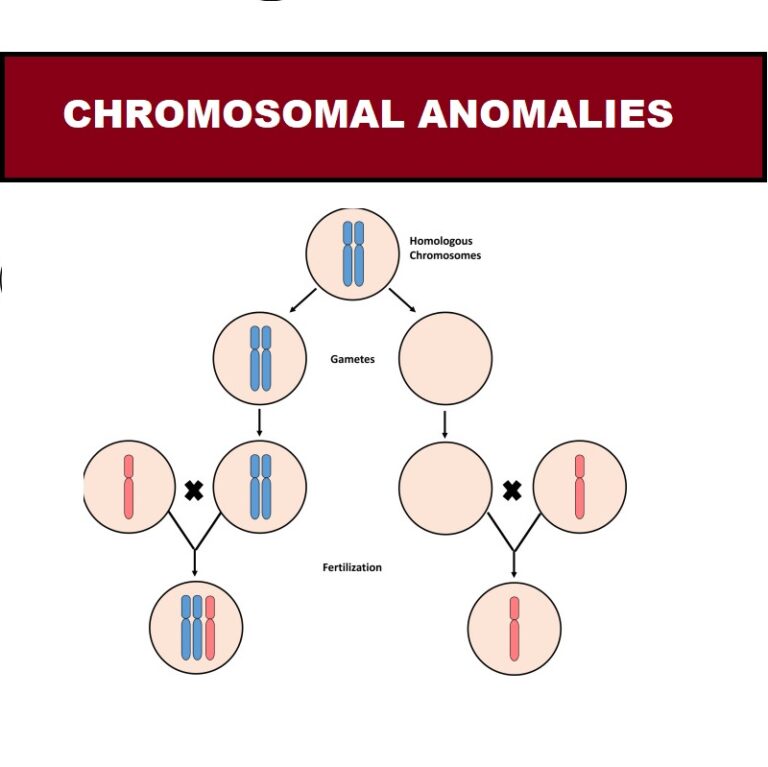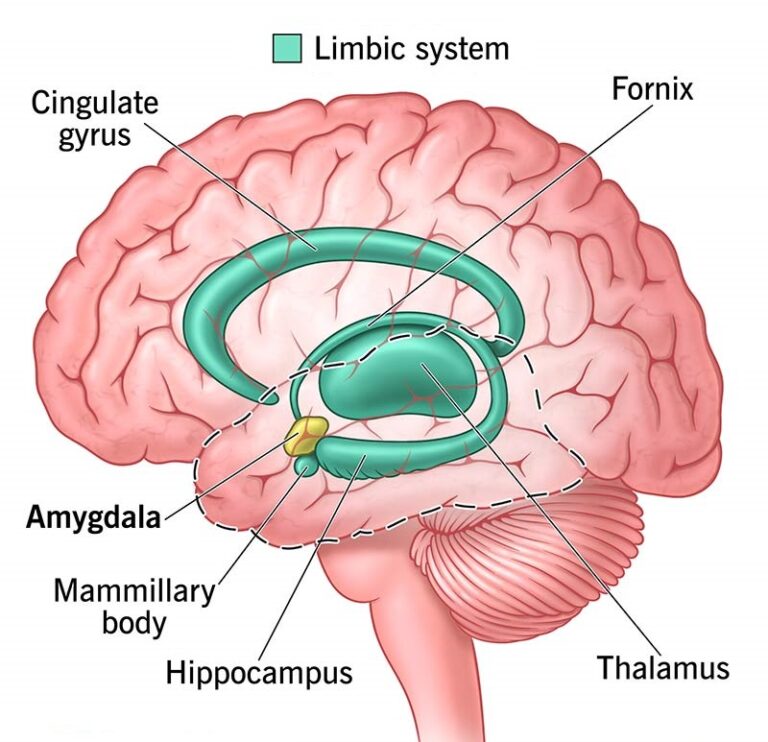
Self-knowledge, or atman-jnana or atman gyan (knowledge of the self), is considered a cornerstone of Indian philosophy and psychology. Rooted in the ancient texts of the Vedas, Upanishads, Bhagavad Gita, and various systems of thought such as Vedanta, Yoga, and Buddhism, self-knowledge in Indian psychology emphasizes the importance of understanding one’s true nature to achieve both psychological well-being and spiritual liberation. Unlike Western psychology, which often focuses on behavior, cognition, and emotions, Indian psychology views the self as an indivisible, eternal entity, the key to understanding the mind, emotions, and the world around us.
The Philosophical Foundations of Self-Knowledge in Indian Psychology
In Indian philosophical traditions, the concept of self or atman is not limited to the physical body or ego but represents an eternal, transcendent consciousness that is fundamentally interconnected with the universe. The understanding of self-knowledge in Indian psychology is deeply rooted in these philosophical teachings, which place a heavy emphasis on introspection, meditation, and experiential understanding.
- Vedanta: The Vedantic philosophy, particularly as articulated by Adi Shankaracharya, posits that the ultimate reality, Brahman, is the true self (atman) and is non-different from the universe. According to Vedanta, ignorance (avidya) of the self creates the illusion of separateness, which leads to suffering. The goal of self-knowledge in Vedanta is to realize that the self is not the individual ego or mind, but the formless, eternal consciousness that pervades all existence. This realization brings liberation (moksha) from the cycle of birth and death (samsara).
- Example: The practice of jnana yoga (the yoga of knowledge) in Vedanta encourages self-inquiry through methods such as the contemplation of the question “Who am I?” This direct, experiential approach helps individuals transcend their ego and experience the oneness of the self with Brahman.
- Yoga: In the Yoga Sutras of Patanjali, self-knowledge is essential for achieving samadhi (spiritual absorption). The mind, according to Patanjali, is clouded by mental afflictions (kleshas) such as ignorance, attachment, and aversion, which prevent the realization of the true self. The practice of meditation and mindfulness helps calm the fluctuations of the mind (chitta vritti), leading to a state of clear self-awareness and direct experience of one’s true nature.
- Example: The practice of dhyana (meditation) is a key technique in yoga to achieve self-knowledge. Through sustained concentration, a practitioner becomes aware of the transient nature of thoughts and realizes the underlying stillness of the self, which is equated with universal consciousness.
- Buddhism: Buddhism, particularly the teachings of the Buddha, also emphasizes the importance of self-awareness but diverges in its approach. Unlike Vedanta and Yoga, which affirm the existence of an eternal self (atman), Buddhism teaches the concept of anatta (non-self). According to this view, the self is not an unchanging entity but is rather a collection of ever-changing physical and mental aggregates (skandhas). Self-knowledge, in this context, involves understanding the impermanence and interdependence of all phenomena, leading to the cessation of suffering (nirvana).
- Example: The Buddhist practice of mindfulness meditation (vipassana) is designed to cultivate insight into the nature of the self and the world. By observing the impermanent nature of thoughts, sensations, and emotions, a practitioner gains direct knowledge of the non-self, ultimately leading to the release of attachment and suffering.
The Role of Self-Knowledge in Mental Health
The importance of self-knowledge in Indian psychology extends beyond philosophical inquiry; it has significant implications for mental health and psychological well-being. Traditional Indian psychological practices place a strong emphasis on self-awareness as the key to healing emotional wounds, overcoming mental afflictions, and achieving a state of inner peace.
- Psychological Healing in Indian Tradition: Indian psychology recognizes that ignorance of the true self leads to psychological distress. In this regard, practices such as meditation, self-inquiry, and ethical living are used as tools for self-transformation. By gaining clarity on one’s true nature, individuals can dissolve the illusions and attachments that lead to emotional turmoil, stress, and anxiety.
- Example: The use of pranayama (breath control) and meditation techniques in various Indian healing traditions helps individuals manage stress, enhance emotional regulation, and cultivate a deeper sense of inner peace.
- The Integration of Self-Knowledge in Modern Therapy: In modern psychological practice, there has been increasing interest in integrating mindfulness and self-awareness into therapeutic approaches. Mindfulness-Based Stress Reduction (MBSR) and Acceptance and Commitment Therapy (ACT) are contemporary therapies that draw from Buddhist meditation practices and emphasize the importance of self-awareness in managing mental health.
- Example: A study by Kabat-Zinn (1990) found that MBSR, which incorporates meditation and self-awareness practices, significantly reduced symptoms of anxiety, depression, and chronic pain. This aligns with the Indian psychological tradition’s emphasis on the therapeutic benefits of self-knowledge and introspection.
Self-Knowledge and Personal Growth: A Holistic Approach
In Indian psychology, self-knowledge is not only about understanding the mind or emotions; it also entails a holistic approach to personal growth that integrates body, mind, and spirit. The ultimate goal is to achieve a state of balance, harmony, and alignment with the universe. This is reflected in the concept of dharma (righteous duty) and karma (action), where individuals are encouraged to live in accordance with their true nature and contribute to the well-being of society.
- Self-Knowledge and Ethical Living: The Indian psychological traditions emphasize that true self-knowledge leads to ethical behavior, compassion, and non-attachment. The practice of ahimsa (non-violence) and satya (truthfulness) is seen as a natural outcome of self-awareness. When individuals realize their interconnectedness with others, they act with greater empathy and responsibility.
- Example: Mahatma Gandhi’s philosophy of non-violence was deeply rooted in his understanding of self-knowledge and the interconnectedness of all beings. His life exemplified how self-awareness can lead to social change and ethical action.
- Self-Knowledge and Spiritual Growth: In Indian psychology, self-knowledge is inseparable from spiritual growth. The realization of the true self is seen as a transformative process that leads to liberation (moksha) and freedom from the cycle of birth and death (samsara). This ultimate goal is achieved through continuous self-inquiry, meditation, and ethical living, leading to a state of enlightened awareness.
- Example: The life of spiritual figures like Ramana Maharshi, who advocated the practice of self-enquiry to attain self-realization, serves as a modern example of how self-knowledge can lead to spiritual awakening.
A Comparative View: Indian Psychology vs. Western Psychology
While Western psychology often focuses on the therapeutic benefits of self-awareness in the context of mental health, it tends to view the self as a construct influenced by social, cognitive, and emotional factors. Indian psychology, in contrast, sees the self as an eternal, unchanging essence that transcends mental and emotional fluctuations.
| Aspect | Indian Psychology | Western Psychology |
|---|---|---|
| Nature of the Self | Eternal, transcendent, interconnected with the universe (atman) | Socially constructed, influenced by environment and cognition |
| Goal of Self-Knowledge | Spiritual liberation (moksha), self-realization | Psychological well-being, self-actualization |
| Primary Tools | Meditation, self-inquiry, ethical living | Cognitive-behavioral therapy, mindfulness, psychoanalysis |
| Focus | Integration of mind, body, and spirit | Mental health, cognitive functioning, and emotional regulation |
Research Findings
Studies on mindfulness and meditation practices, rooted in Indian traditions, have shown their efficacy in improving mental health. A meta-analysis by Goyal et al. (2014) concluded that mindfulness meditation significantly reduces stress, anxiety, and depression. These practices, which align with the principles of self-knowledge in Indian psychology, highlight the practical applications of these ancient teachings in contemporary therapeutic settings.
Conclusion
Self-knowledge, as understood in Indian psychology, is a multifaceted concept that encompasses spiritual, psychological, and ethical dimensions. By recognizing the primacy of self-awareness, Indian psychological traditions offer profound insights into the nature of the self and its role in achieving mental health, personal growth, and spiritual liberation. Integrating these insights into modern psychological practices can enhance our understanding of the human experience and provide more holistic approaches to healing and well-being.
References
- Goyal, M., et al. (2014). Meditation programs for psychological stress and well-being: A systematic review and meta-analysis. Journal of Clinical Psychology, 70(1), 1-13.
- Kabat-Zinn, J. (1990). Full Catastrophe Living: Using the Wisdom of Your Body and Mind to Face Stress, Pain, and Illness. Delta.
- Shankaracharya, A. (1992). Vivekachudamani. Advaita Ashrama.







